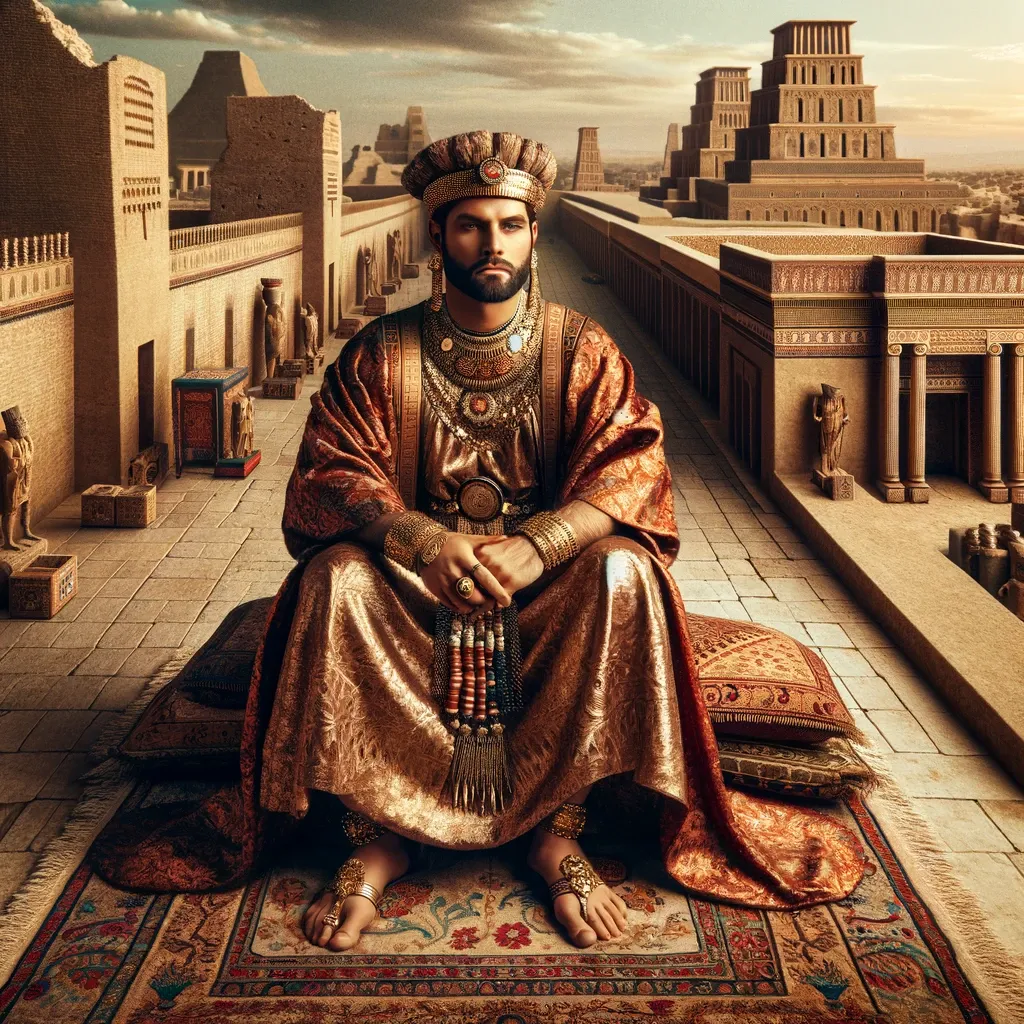Welcome to our Summary Series, where we offer concise overviews of books with a focus on personal finance for our subscribers. This series is designed to give a snapshot of the book's content and should not be considered a replacement for the enriching experience of reading the book in its entirety. We highly recommend reading the full text to grasp the author's complete ideas and concepts, using this summary merely as a supplementary reference.
The Rich Don't Work for Money
This chapter introduces a key idea: wealthy people think about money differently than most people. It's not just about earning a paycheck; it's about making your money work for you.
Robert Kiyosaki talks about the lessons he learned from two dads: his own dad (Poor Dad) and his best friend’s dad (Rich Dad). His Poor Dad, who was highly educated and had a good job, believed in the traditional way of working hard at a job to earn money. He thought that was the safe and secure way to live.
However, Rich Dad, who was not as formally educated but was very wealthy, had a different view. He taught Robert that just working for money, like a salary from a job, isn’t the best way to become rich. Instead, Rich Dad believed in learning about how money works and finding ways to make money come to you – like through investments or owning a business. This means instead of just working for money, you’re also figuring out how to have money work for you.
So, the main point of this chapter is that to be wealthy, it’s important to learn about money and use this knowledge to make smart choices that help your money grow, not just rely on a paycheck from a job.
The Importance of Financial Literacy
In this chapter, the focus is on why understanding money – financial literacy – is so important. It's about knowing more than just how to earn money; it's about knowing how to manage and grow it.
The chapter highlights that many people work hard their whole lives but still struggle financially. This is often because they lack financial literacy. They might be good at their jobs, but they don’t know how to manage their money, invest it, or use it to build wealth.
Robert Kiyosaki's Rich Dad emphasized that being financially literate is not just about making more money; it's about knowing how to keep it, and more importantly, how to multiply it. This means understanding different types of investments, how taxes work, and how to make money work for you.
Financial literacy also involves understanding the difference between assets and liabilities. An asset is something that puts money in your pocket, like an investment or a profitable business. A liability, on the other hand, takes money out of your pocket, like a car loan or credit card debt. Rich Dad stressed that to become wealthy, one should focus on acquiring assets rather than liabilities.
This chapter underlines the importance of educating oneself about finances. It's not just about earning money; it's about understanding how to manage and grow that money effectively. This is what makes the difference between a life of financial struggle and one of wealth and abundance.
Mind Your Own Business
Chapter 3 of "Rich Dad Poor Dad" brings an important message: focus on building and owning your own assets rather than solely working for others. This doesn't necessarily mean quitting your job immediately, but rather starting to think like a business owner in addition to being an employee.
Kiyosaki explains that for many people, their profession and their business are the same thing, but they shouldn't be. For example, if someone is a chef, that's their profession. But, their business could be something else they own and earn from, like a food blog, catering service, or rental properties.
The idea here is that while you work in your profession, you should also be building and acquiring assets that can generate income for you. This could be investments, real estate, side businesses, or intellectual property like patents or books. These assets become sources of income that can grow over time, independent of your day job.
The chapter emphasizes that your assets are your real security, not your job. A job can be lost due to many reasons beyond your control, but assets you own can provide income even in tough times.
This lesson from Rich Dad is about the importance of creating and controlling your own sources of income. By minding your own business and focusing on building assets, you work towards financial independence and security.
Taxes and Corporations
Chapter 4 delves into the topic of how taxes and the use of corporations play a significant role in wealth-building strategies.
Kiyosaki discusses the history of taxes and explains that originally, they were introduced to tax the rich. However, over time, the middle class and the poor ended up bearing a significant portion of the tax burden. The wealthy, on the other hand, have historically found ways to minimize their tax liabilities.
One key method the rich use to manage taxes is through the creation and use of corporations. A corporation is seen as a separate legal entity, and it offers several tax advantages. Income earned through a corporation can be taxed at a lower rate than personal income, and corporations can also claim a variety of expenses that individuals cannot. These can include salaries, travel, car expenses, and more, which reduce the overall taxable income.
Rich Dad emphasized understanding the legal and tax benefits of using a corporation as a tool for wealth building. He taught that using a corporation, along with being financially literate, can be a powerful strategy to protect and grow one's wealth.
This chapter underscores the importance of not just earning money but also knowing how to keep it by using legal and financial strategies to minimize tax liabilities. It's a lesson in how understanding and leveraging tax laws and corporate structures can significantly impact one's financial success.
Summary:
- Mindset Shift: Wealthy people focus on making money work for them, instead of working for money.
- Financial Literacy: Understanding how to manage, invest, and grow money is crucial for building wealth.
- Assets vs. Salary: Building and acquiring assets is more important for financial growth than relying solely on a salary from a job.
- Corporate and Tax Strategies: The rich use corporations and knowledge of tax laws to protect and enhance their wealth.
- Education and Action: Continual learning about finance and proactive financial management are essential steps towards wealth.
- Breaking the Cycle: Moving beyond the traditional mindset of earning and saving to a more dynamic approach of investing and asset creation.
- Legal Structures: Utilizing corporations and other legal structures for tax benefits and asset protection is a common strategy among the wealthy.






